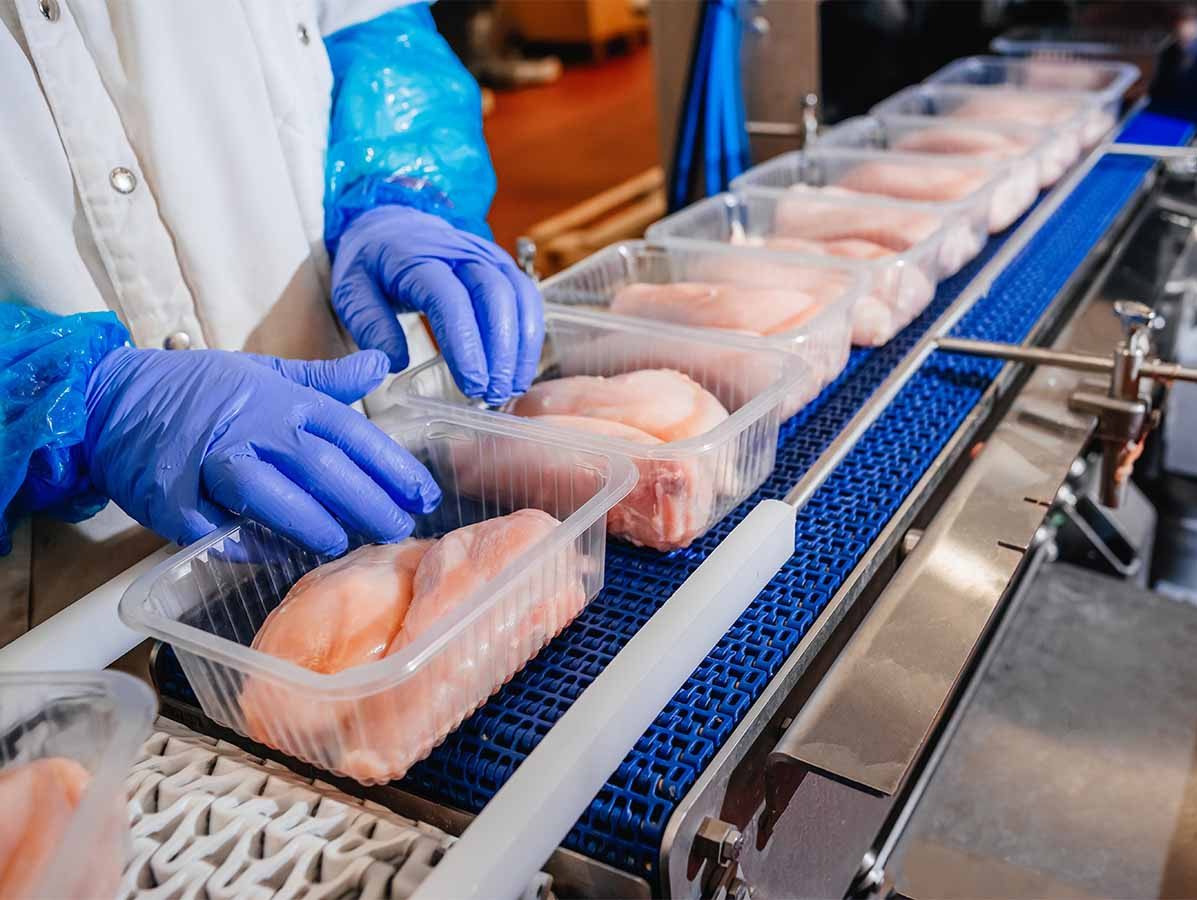
The discussion regarding the scale of migration to the Netherlands calls for careful consideration, emphasizing the significance of labor migration. The State Commission on Demographic Developments 2050 advocates for restrictions on labor migration in specific economic sectors, particularly in vital industries like the meat sector, which could adversely impact food security in the Netherlands and Europe.
In the Netherlands, a critical examination of population development and societal cohesion is essential. Out of the total migration between 1999 and 2020, 25% constitutes labor migration, a group significantly contributing to the Dutch economy. Aging demographics and increasing prosperity drive the demand for qualified international workers. However, most labor migrants stay temporarily, without families. After 10 years, less than a fifth remains in the Netherlands, limiting their impact on population growth and societal challenges.
The Dutch food industry, especially the meat sector, relies heavily on international workers. Despite consolidation in the sector, approximately 9,000 labor migrants, constituting only 1-2% of the total labor migrants in the Netherlands, work in this sector. The exclusion of labor migrants in sectors like the meat industry, where low-paid labor under poor conditions is not applicable, is considered a misjudgment by the State Commission.
The Netherlands must remain appealing to labor migrants, providing an environment where they feel welcomed. Excluding specific sectors is not a solution. Employers, municipalities, and the government must collectively strive for tailor-made solutions in terms of employment conditions, education, housing, healthcare, and social security. The construction of residential campuses faces challenges due to municipal licensing issues, requiring urgent government collaboration.
COV ensures favorable employment conditions for all sector employees, regardless of their contract type. Collaborating with FNV and CNV unions, COV advocates for the prerequisites of good employer practices outlined in a collective labor agreement (cao). The sector exclusively engages with certified agencies and has formulated the Fair Employment Code for Flex Workers, providing additional assurances beyond legal frameworks, SNA and SNF standards, and the collective labor agreement for the Meat Sector.
Source: COV